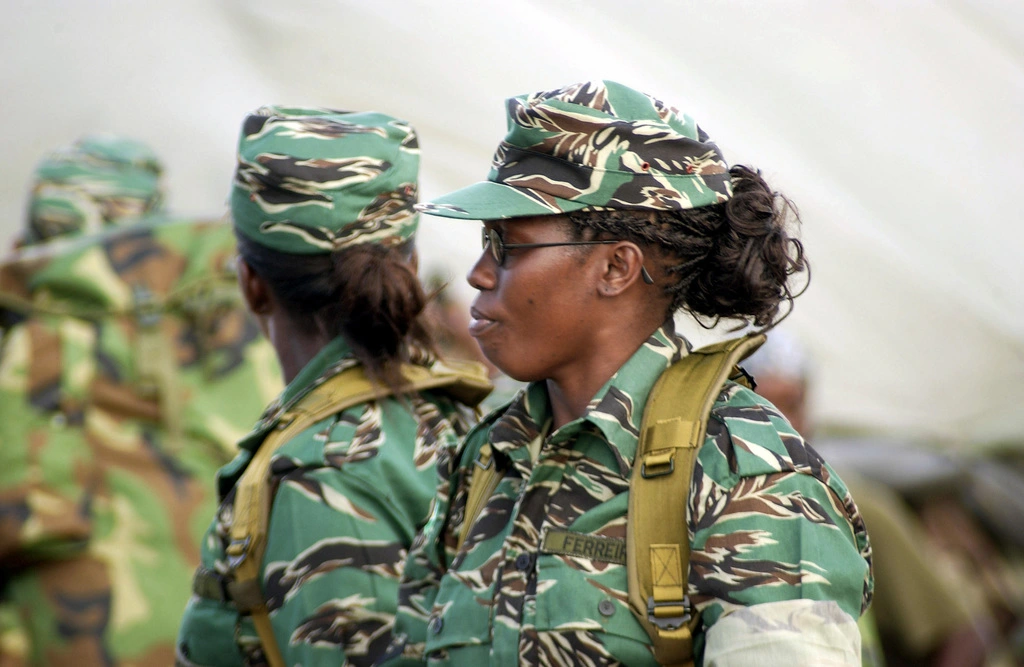Guyana is deploying troops to a UN-approved Multinational Force in Haiti to combat criminal gangs and restore internal security.
Khan, Chief of Staff of Guyana’s Defense Force, made the announcement. However, he mentioned that the number of Guyanese troops is still under discussion.
This will be decided after talks with other participating countries.
Guyana now joins five other nations in this mission. Besides Guyana, Kenya, Antigua and Barbuda, Jamaica, the Bahamas, and Suriname are on board.
Kenya will lead the mission.
These countries will support Haiti’s National Police. The focus is on fighting crime, securing key areas, and boosting local police strength.
For 30 years, Haiti has faced challenges like political instability and natural disasters. These challenges have led to social and humanitarian crises.

Moreover, crime rates have spiked. The situation worsened after President Jovenel Moise’s assassination in July 2021.
Now, gangs control almost 80% of Haiti’s capital, Port-au-Prince. This has caused mass displacements and multiple killings.
Background Haiti Intervention
This move by Guyana reflects a broader trend in the Caribbean community. Countries in the region are increasingly cooperating to tackle common challenges.
A week ago, Suriname’s Foreign Affairs Minister, Albert Ramdin, announced plans to send troops to Haiti as well.
Haiti’s crisis isn’t just a national problem. It affects the entire Caribbean area by causing instability and fostering criminal activity.
Internationally, this can serve as a model for regional collaboration. It shows the UN and global leaders that small nations can make big impacts.
Besides, global organizations often lead these missions. Now, regional players are taking the lead, which can be more effective.
This effort might also influence the future of UN peacekeeping missions. A localized approach could bring about quicker solutions and better familiarity with issues.
Finally, other nations may follow Guyana’s example, bolstering the collective fight against insecurity and crime in struggling regions.

